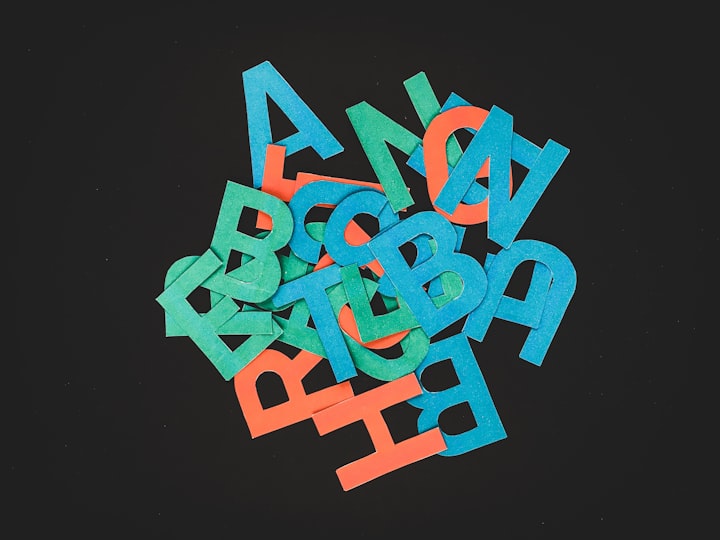The Importance of Play in Preschool Education
Preschool Education

In the world of early childhood education, one element stands out as a fundamental building block for growth and development: play. Play is not just a frivolous pastime for young children; it is a vital component that fosters cognitive, social, emotional, and physical development.
By integrating play into preschool education, we can create an environment where children can explore, discover, and learn in a manner that aligns with their natural inclinations.
This article delves into the importance of play in preschool education, highlighting its impact on various domains of a child's development.
Play-Based Learning: Laying the Foundation for a Bright Future
In a play-based learning environment, children are actively engaged in activities that capture their imagination, curiosity, and innate desire to explore. By harnessing the power of play, educators can create a strong foundation for future academic success. Through play, children develop critical thinking skills, problem-solving abilities, and creativity. They learn to experiment, take risks, and develop resilience, all of which are essential for navigating the challenges of life.
Cognitive Development: Building Blocks of the Mind
Play is a gateway to cognitive development in preschoolers. As children engage in imaginative play, they enhance their language skills, expand their vocabulary, and improve their communication abilities. Whether it's engaging in pretend play, constructing with building blocks, or solving puzzles, play provides opportunities for cognitive growth. It stimulates memory, enhances concentration, and promotes the development of executive functions like planning, organizing, and decision-making.
Social and Emotional Skills: Nurturing Connections and Empathy
Preschoolers learn valuable social and emotional skills through play. When children engage in cooperative play, they learn to share, take turns, and collaborate with their peers. They develop empathy, understanding the perspectives of others and building relationships based on respect and kindness. Play allows children to express their emotions freely, helping them regulate their feelings and develop emotional intelligence.
Physical Development: Moving, Grooving, and Growing
Physical play is a cornerstone of preschool education, fostering the development of fine and gross motor skills. Activities like running, jumping, climbing, and dancing contribute to the growth of coordination, balance, and strength. Outdoor play enables children to explore their environment, engage in sensory experiences, and develop spatial awareness. These physical skills form a solid foundation for future physical competence and a healthy lifestyle.
AIDA Copywriting Formula: Captivating Minds through Play
To effectively promote the importance of play in preschool education, we employ the AIDA copywriting formula—Attention, Interest, Desire, and Action. By capturing the reader's attention through engaging subheadings and compelling content, we generate interest and create a desire to learn more. This article aims to inspire action, encouraging educators, parents, and policymakers to prioritize play in early childhood education.
Holistic Development: Integrating Mind, Body, and Spirit
Play is a holistic approach to education, encompassing various aspects of a child's development. It provides opportunities for children to engage in imaginative and creative expression, allowing them to explore their interests and passions. By integrating play into different subject areas, such as math, science, and language, educators can create meaningful and memorable learning experiences. Play also fosters curiosity, a love for learning, and a sense of wonder about the world.
Problem-Solving and Decision-Making Skills: Navigating Challenges
Play offers children a safe space to explore and navigate challenges. Whether it's building a tower with blocks or solving a puzzle, children learn to strategize, make decisions, and persevere in the face of obstacles. These problem-solving and decision-making skills are transferable to various aspects of life, equipping children with the tools they need to overcome challenges and find innovative solutions.
Language Development: From Babble to Brilliance
Through play, children develop their language skills and enhance their communication abilities. Play provides opportunities for children to engage in conversations, express their thoughts, and engage in storytelling.
Whether it's engaging in pretend play or engaging with peers, children expand their vocabulary, improve their grammar, and develop their listening and speaking skills. Play acts as a platform for language development, setting the stage for future academic success.
Conclusion
Preschool education in Ahmedabad is a critical period in a child's development, and play holds immense significance within this framework. By embracing the power of play, we can unlock the potential within each child, facilitating holistic growth and preparing them for a successful future.
Through play-based learning, children develop cognitive abilities, social and emotional skills, and physical competence. The integration of play in preschool education sets the stage for lifelong learning, curiosity, and a love for exploration.
Let us recognize the importance of play and provide young learners with the opportunities they deserve to thrive, learn, and play their way to success.
About the Creator
Vikash Kumar
Hello, I am an SEO executive and blogger and I share my content about education, technology, governments, travel, etc.






Comments
There are no comments for this story
Be the first to respond and start the conversation.